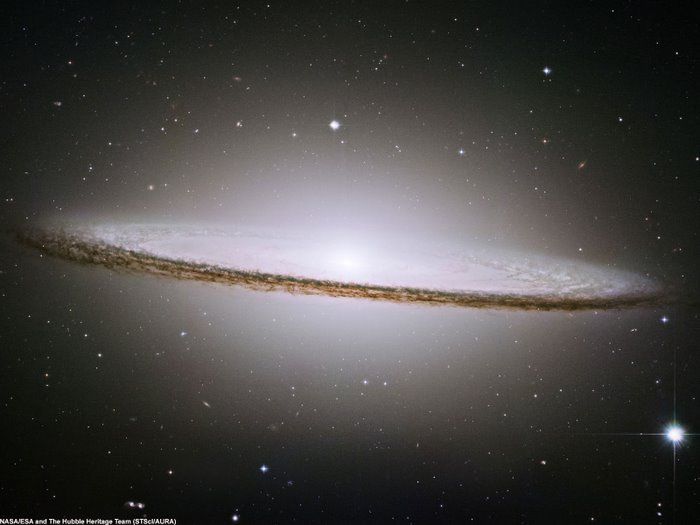this paper takes the conclusions of Page from the paper linked in the August 27 post immediately below a step further.
Page argued that Born's Rule would be insufficient in an extremely large universe due to the lack of definite projection operators.
We study the quantum measurement problem in the context of an infinite, statistically uniform space, as could be generated by eternal inlfation. It has recently been argued that when identical copies of a quantum measurement system exist, the standard projection operators and Born rule method for calculating probabilities must be supplemented by estimates of relative frequencies of observers. We argue that an infinite space actually renders the Born rule redundant, by physically realizing all outcomes of a quantummeasurement in different regions, with relative frequencies given by the square of the wave function amplitudes. Our formal argument hinges on properties of what we term the quantum confusion operator, which projects onto the Hilbert subspace where the Born rule fails, and we comment on its relation to the oft-discussed quantum frequency operator. This analysis unifies the classical and quantum levels of parallel universes that have been discussed in the literature, and has implications for several issues in quantum measurement theory. Replacing the standard hypothetical ensemble of measurements repeated ad inifnitum by a concrete decohered spatial collection of experiments carried out in different distant regions of space provides a natural context for a statistical interpretation of quantum mechanics. It also shows how, even for a single measurement, probabilities may be interpreted as relative frequencies in unitary (Everettian) quantum mechanics.
We also argue that after discarding a zero-norm part of the wavefunction, the remainder consists of a superposition of indistinguishable terms, so that arguably “collapse” of the wavefunction is irrelevant, and the “many worlds” of Everett’s interpretation are uniifed into one. Finally, the analysis suggests a “cosmological interpretation” of quantum theory in which the wave function describes the actual spatial collection of identical quantum systems, and quantum uncertainty is attributable to the observer’s inability to self-locate in this collection.






No comments:
Post a Comment